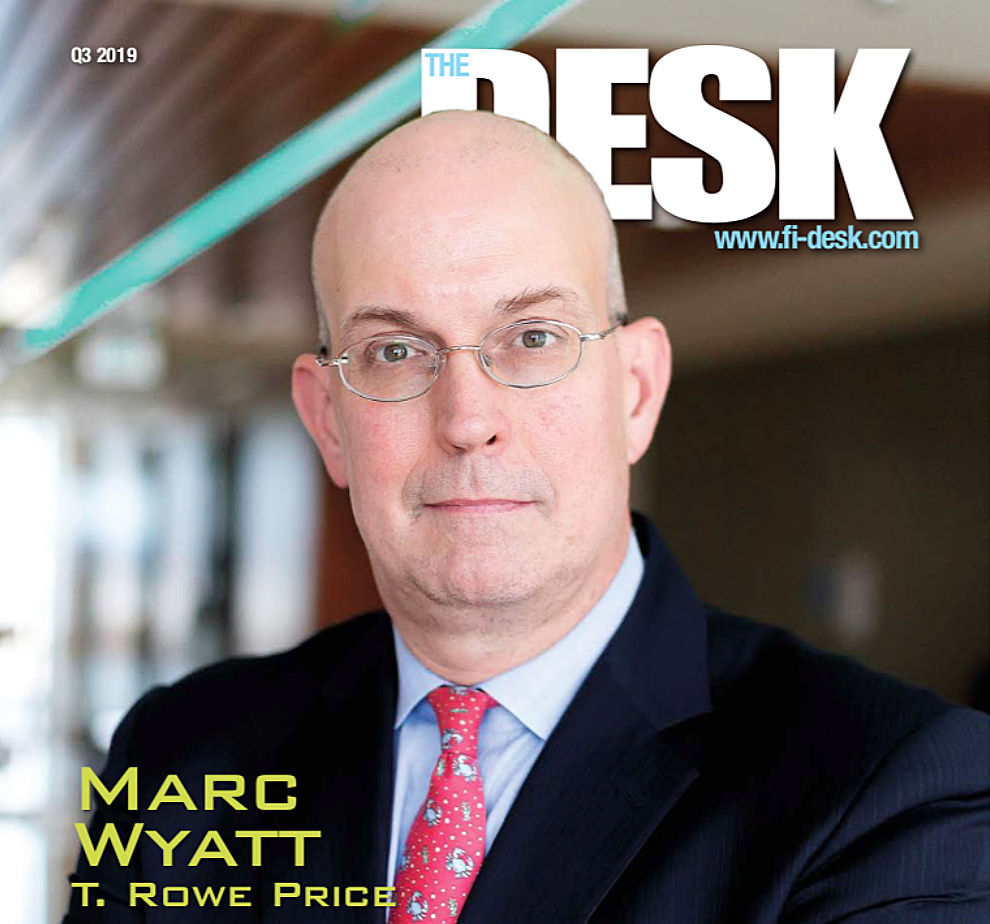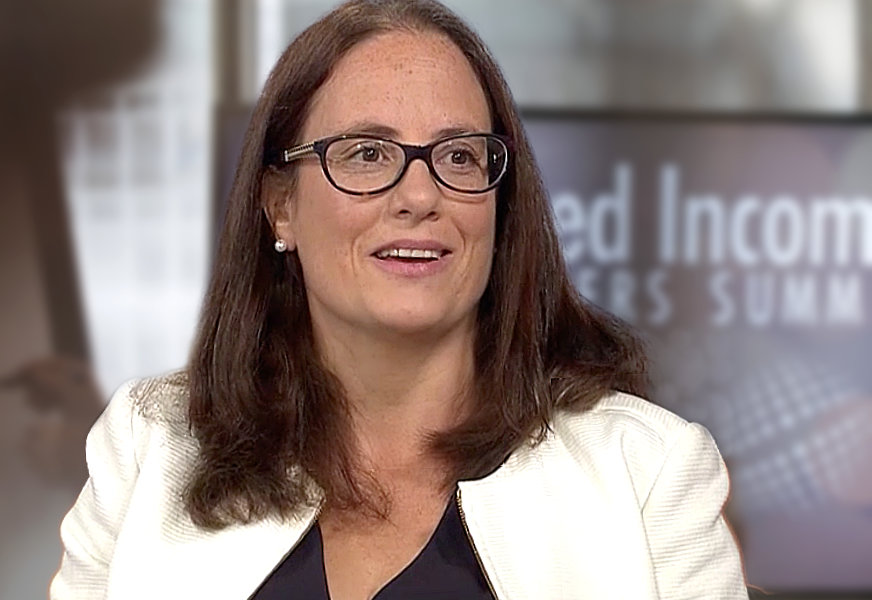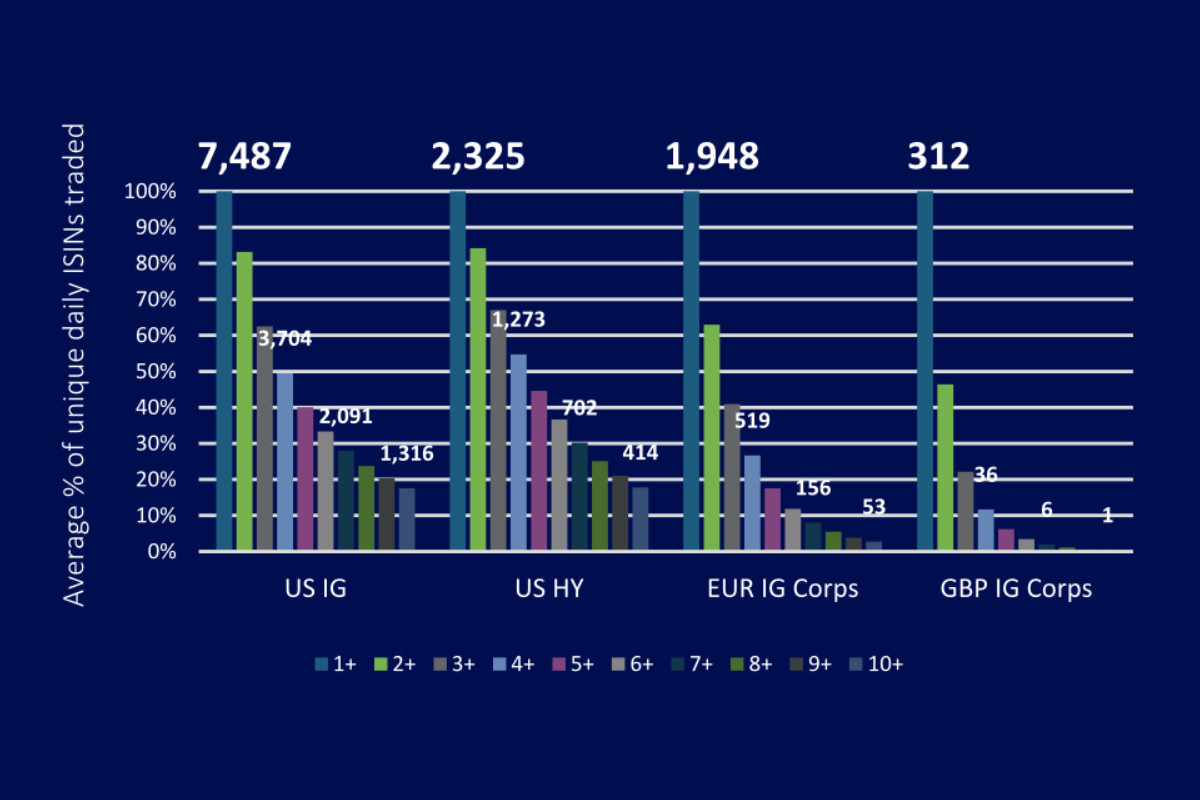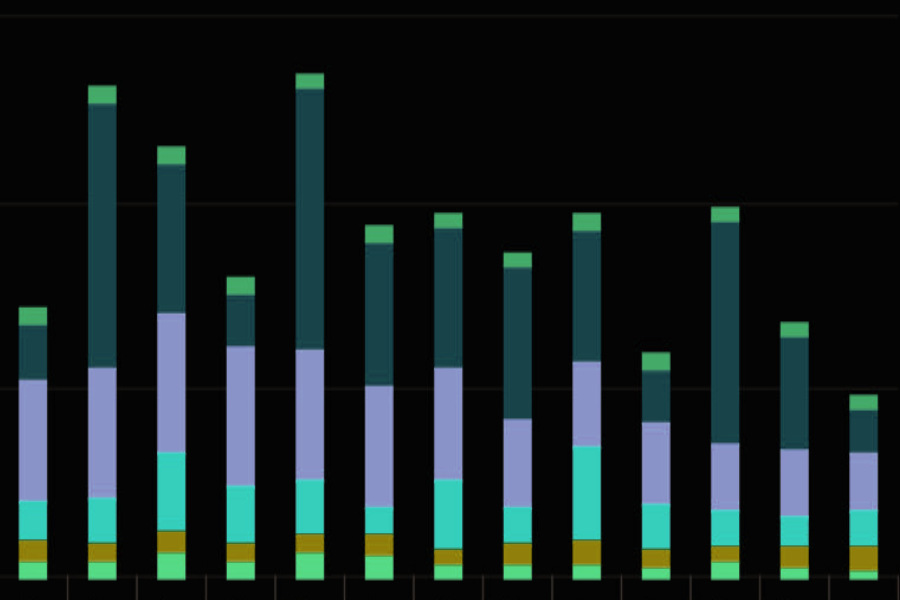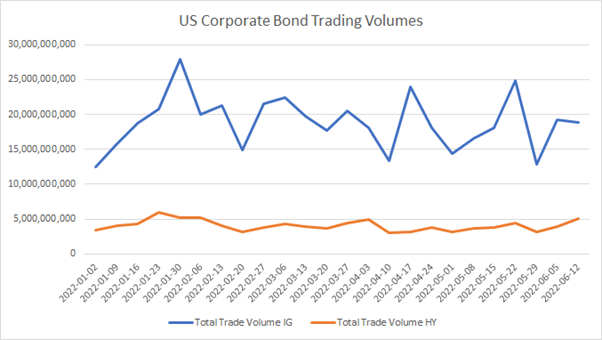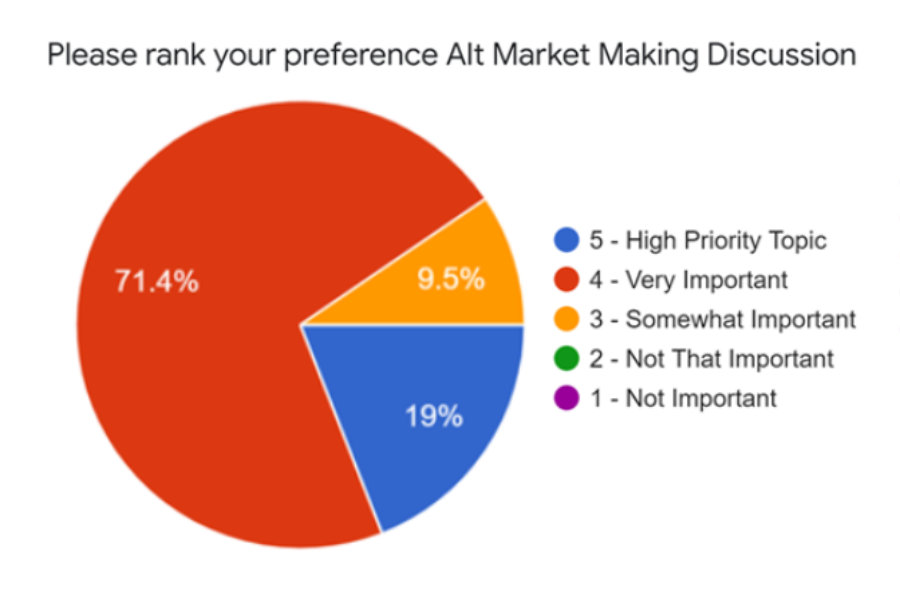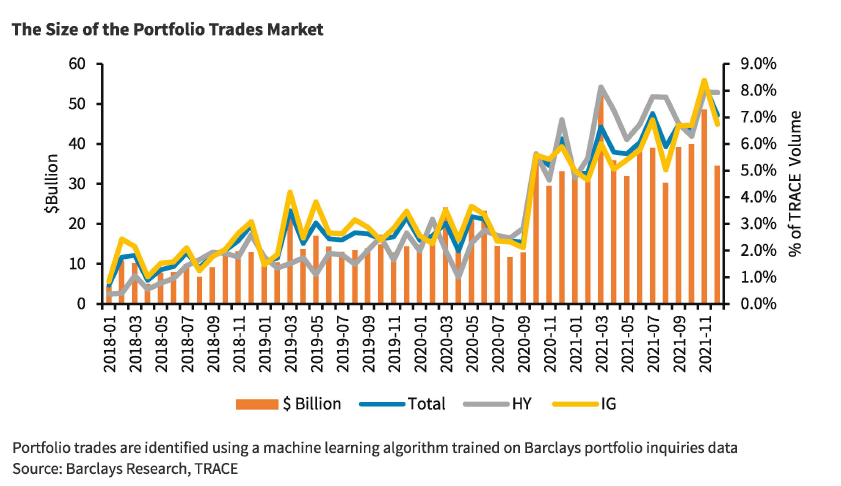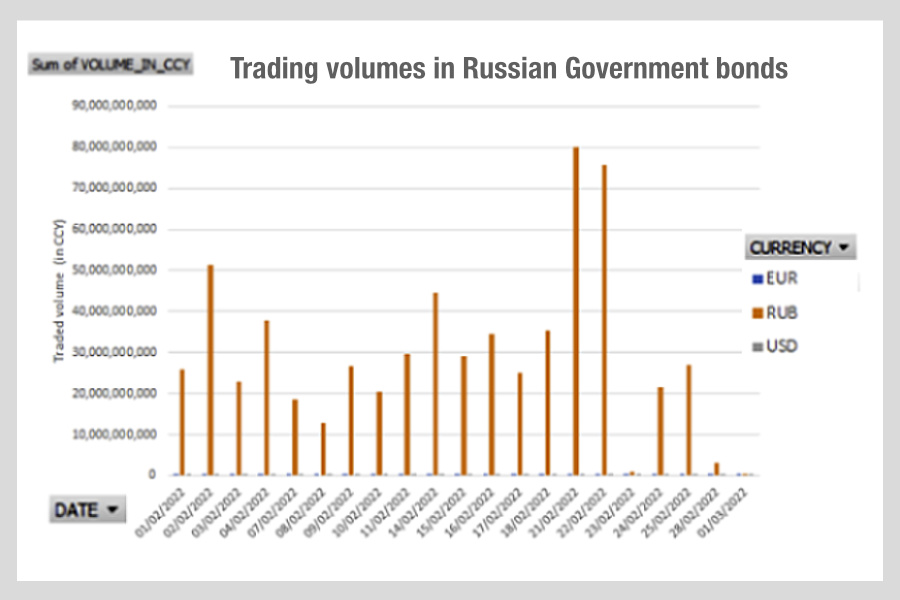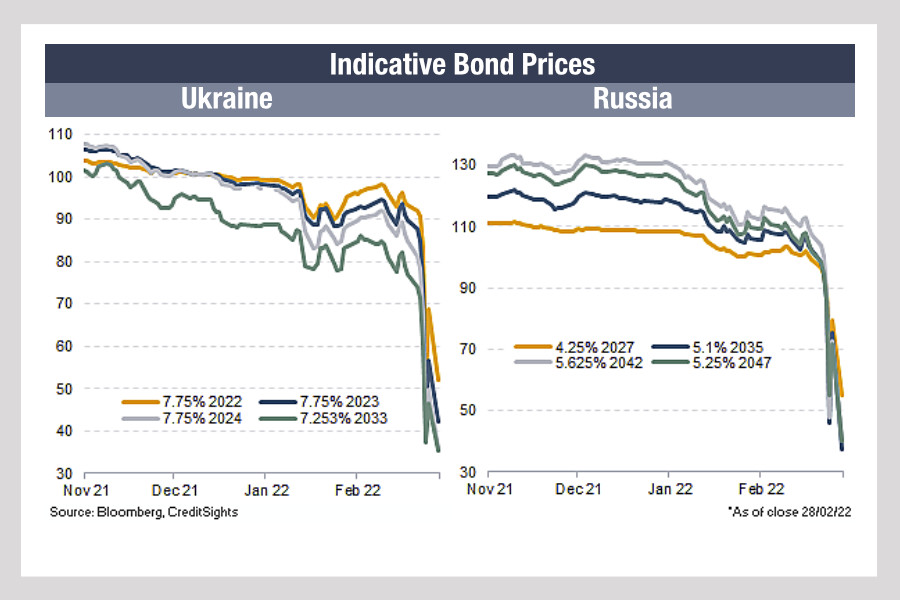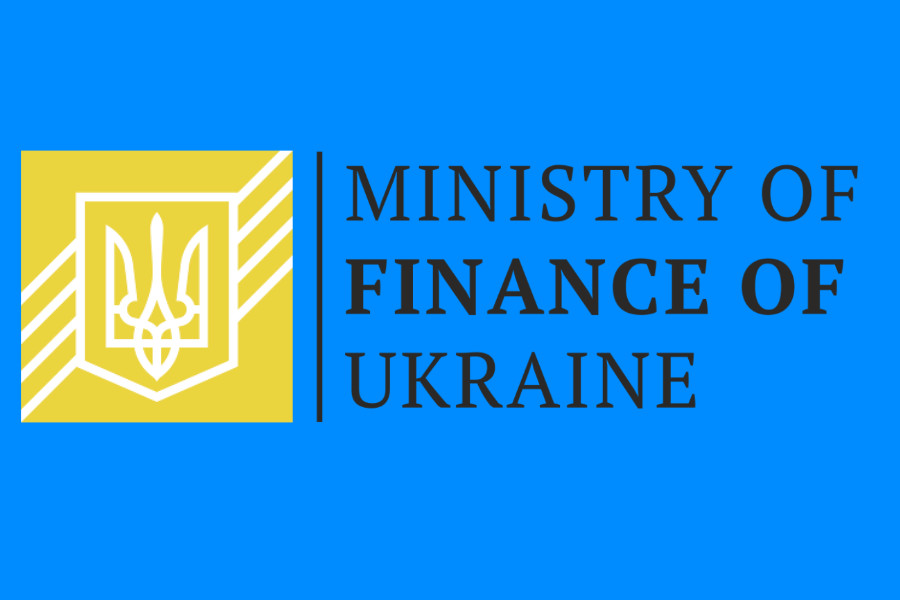 Ari Burstein, Moderator & president of Capital Markets Strategies
Ari Burstein, Moderator & president of Capital Markets Strategies
On 9 March the Tabb Group’s ‘Fixed Income Trading and Best Execution Summit’ heard that the Securities and Exchange Commission (SEC) concept release around fixed income trading, which potentially includes an expansion of Reg ATS rules to certain bond trading platforms, as well as enhanced transparency around the TRACE post-trade bond tape, had raised concerns about trying to fix a market that is not broken.
The proposal, supported by the SEC’s Fixed Income Market Structure Advisory Committee, whose mandate had recently lapsed, had led buy-side firms to consider how existing definitions of trading venues might be applied said Richard Grant, global head of Regulatory and Government Affairs at asset manager AQR.
“Is there a gap here that we need to address; the definition of 'exchange' that might be applied to some of these platforms? Should they be drawn into the ATS regime? What came out of [the consultation] is that there is not necessarily unanimity amongst the buy side on these issues,” he said. “[While] there is an acknowledgment that there are some challenges with the current definitional framework, [there are] concerns about what additional regulation might do, what unintended consequences there might be.”
He noted that the increased transparency and reporting obligations that came with better defining electronic trading and reporting were generally seen as positive.
“A lot of people on the buy side have seen the challenges of the lack of consistent reporting and the benefit we would attain from that then looking forward arming the regulators with the information they need about where the market is at this point so that we can make decisions about where it need to be join the regulatory side moving forward.”
 Chris Killian, managing director at SIFMA.
Chris Killian, managing director at SIFMA.
Chris Killian, managing director at SIFMA said his groups’ efforts on the concept release started just with sell-side members and during the process a couple of buy side members asked to join in to the work.
“The general attitude that people start from is 'Fixed income markets aren't broken, they work pretty well,” he said. “Are they perfect? No. They are behind the equity markets in terms of electronification and how fancy everything can get with trading.”
He said that being a trade association meant when it looked at regulatory proposals “we always look at the worst case scenario” and that it did not support applying Reg ATS across the board.
“We think informational conduits ought to remain on the outside of this type of rules,” he said. “Broker-dealer members were concerned that a system that a broker sets up for its clients could potentially get scoped in when it is not a multi-party venue, for example.”
David Dimitrious, senior special counsel at the Division of Trading and Markets, of the SEC, speaking in a personal capacity, said that the FIMSAC had begun the process by assessing the imbalance in certain regulation and whether it was warranted.
“There is a concern that a lack of harmonisation had led to gaps in regulation potentially, or created competitive burdens on some market participants vis-a-vis others, and it was not clear if that lack of harmonisation was merited,” he said. “The second big issue was, should we rethink the regulatory framework for electronic trading platforms altogether?”
Moderator Ari Burstein, president of Capital Markets Strategies ask Tracey Stern, manager for Market Regulation at the Ontario Securities Commission if similar rules imposed in Canada had led to buy-side firms reporting increased costs or reduced access.
‘No there really haven’t been,” she said. ”The risks of trading on a market necessitate some rules relating to that function, but we haven’t heard any issues from the buy -side relating to additional costs.”
Killian noted “On one level I recognise that platforms which are seen to do the same thing are regulated differently” but added that many dealers saw this as being for the platforms to address in their own registration processes. That said he also recognised the importance that benchmarks held in supporting operational standards.
“Big picture, in the end you don’t want a venue to have an operational disaster because they weren’t regulated the right way,” he said.
Stephanie Dumont, senior vice president and director of Capital Markets Policy at FINRA, also speaking in a personal capacity, gave reassurance that, despite the breadth and range of proposals being made, any application of new rules would not be a shock to the system.
Discussing FINRA's proposal for enhanced reporting of Treasury securities transactions, she said, “Even though we put them in one notice we would phase these proposals in. They wouldn’t be a big bang, and we would look at the timing for all for the enhancements that we are thinking about.”
©TheDESK 2021











